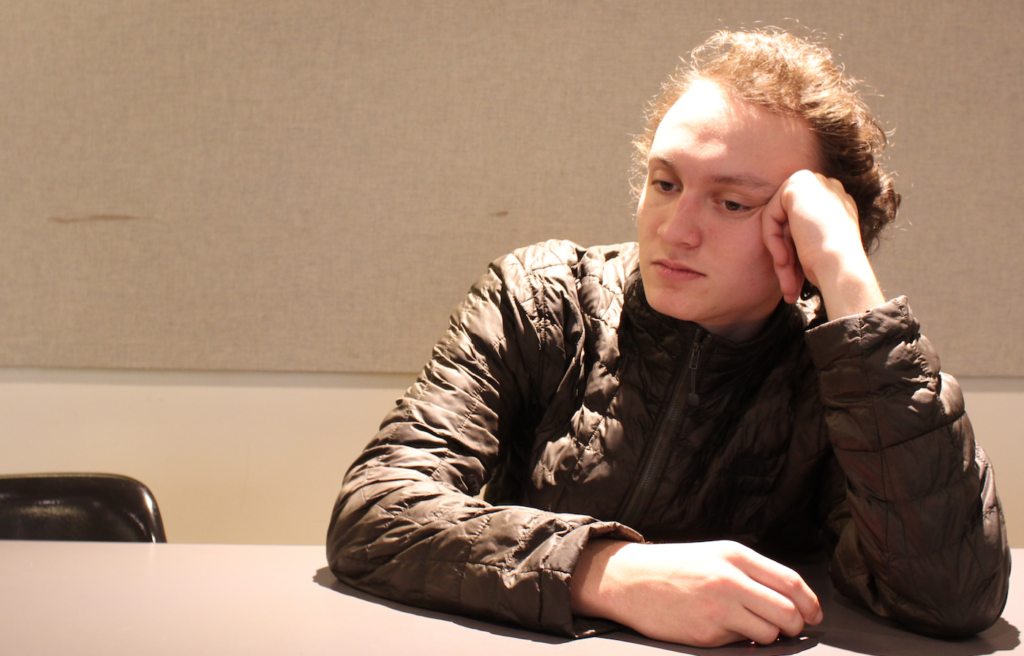
Lately, Canada’s conversation around health care has become shallow and significantly more partisan, with a focus on big ticket and media-heavy items. Despite the same questions being asked, there has been a pattern of question-dodging over health care continues over months.
For the sake of everyone, this conversation needs to change.
Namely, this conversation must start with mental health, which, in my opinion, is equally as important as physical health and should be treated as such.
Just like there have been intense discussions about creating national pharmacare and dental programs, there should be a discussion of the same magnitude about creating a national mental health program, centred around access to psychotherapy.
Despite being an incredibly useful, important, and excruciatingly common type of care for many mental wellness difficulties—including PTSD, anxiety, depression, and OCD, among many others—counselling and psychotherapy is drastically forgotten in our Universal Health Care system.
It is important to realize that many mental wellness issues either a) don’t need prescription medication as treatment or b) can be improved with therapy alongside medication, yet as of right now; medication is prioritized in the Canadian public system. Of course, medication for various mental illnesses is essential, but all people experience fluctuations in mental wellness just like we experience the common cold.
Unlike many psychiatrists, psychologists are not covered under OHIP
A single visit to a private psychologist in Canada can cost, on average, between $125 and $175. On the low end of things, an individual without insurance (and even many with insurance) who visits a therapist once a month—which is totally reasonable—can expect to spend more than $1,500 annually. Some institutions will provide similar services to people at no cost, such as schools and universities, and UW provides a handful. However, according to the UW website, the school currently makes an effort to see all clients within four months of a referral.
Honestly, that’s crazy.
Sure, you could always take your referral and head to a private psychologist less than a week later, but many students can’t afford to pay $125 for a single counselling session.
This is extremely problematic for students and also for the school, as the university is chronically faced with a vast waitlist in comparison to a small amount of services available. This happens to a lesser degree at Health Services because, if there are wait times for a physical health appointment, students can head to any walk in clinic in town for free as an alternative.
We shouldn’t expect the university to build a massive mental health network because they are a school, not a government. We should expect, however, for the government to do their part in aiding both schools and students in enabling us to access the mental health care we need, outside of school. Publicly funded and available psychotherapy will not only reduce the wait times and backlog at UW Counselling Services, but will allow students from every institution to continue receiving mental health assistance when not on campus.
For many students, mental health care can end right after graduation. Those who leave campus after four or five years and move to work in another city face choosing between day-to-day necessities and visiting a therapist.
Not just students can benefit from psychotherapy coverage. Currently, Canada systematically discriminates against its whole low income population who, according to a 2015 Globe and Mail article, “are three times more likely to report poor to fair mental health yet are the least likely to be able to afford private psychotherapy”. Low income people who need structured, consistent, and professional therapy cannot get it. They are forced to sit on long wait lists for lower cost services, or visit a non-psychologically trained physician, where they are likely to receive prescription medication as a remedy. Talk about a huge flaw in our supposedly “universal” system.
So, how do we address this problem?
Some people might say, “Matt…be realistic. We can’t afford to pay for improved mental health services because of our huge provincial debt. There are other things to focus on first.”
Okay, it’s true that we have accumulated a ton of debt as a province. But in my view (and I think this should start becoming a normalized perspective) people are the most important thing in any society. Certainly, we need to be fiscally logical to preserve for future generations, but people are also alive in the present and need help urgently. Thinking economically? Guess where 100 per cent of our GDP comes from.
That’s right—humans.
Luckily, this is where we can call on our good friend, Mr. Trudeau to take some burden off of the provinces, and this is where I can get angry at how our money is being used.
Like the aforementioned national pharmacare and dental care possibilities, the federal government is able to implement a program to cover therapy, and easily has the funds available to do so, at least for low-income people and families.
In their 2019 election platform, the federal Liberal government promised to provide “a travel bursary of up to $2,000 so that families can more easily afford a once-in-a lifetime trip to more national parks like Banff, Gros Morne, Forillon, and the Cape Breton Highlands”, with a plan of providing this for 75,000 less privileged children and their families.
Don’t get me wrong, I love this initiative for what it is, but I also love BMWs, yet I have no plans of purchasing one anytime soon because I am choosing to spend responsibility on necessities like tuition and rent.
The government also needs to spend responsibility on necessities.
Canada’s natural beauty is awesome and I would love for everyone to experience it, but with huge campus wait times for counselling services, lives are becoming exponential more expensive, and approximately 11 people dying by suicide each day (according to the Public Health Agency of Canada), so national parks can wait.
Please don’t tell me we can’t afford to invest more in our mental health system, which should at least consider subsidizing psychotherapy.
The Experience Canada program, the Liberals’ camping initiative is, at a maximum, $2,000 x 75,000 families, we come out with $150 million.
At $125 per therapy session, $150 million could cover 1.2 million therapy sessions. That’s 16 visits a year for each of those 75,000 families. Obviously there will likely be more than 75,000 people and families needing cheaper access to psychotherapy, but my point here is to show that there is money available, and even partially subsidizing therapy costs is a start.
Those living in Canada need help with mental health, and the government should be providing better access to care, just as they do most other health services. Having experienced therapy for anxiety in the past, I can say that these types of services really do help, and for my family, paying for me to visit a psychologist was a cost, but a worthy one. Unfortunately, many can’t afford to make that decision.
The federal government should urgently be looking in to helping those who live in Canada gain access to therapy services but unfortunately this hasn’t been in any serious political discourse in the history of our country.
We have the potential to immensely improve the lives of millions and to avoid doing so is unacceptable. It is time to change the conversation about mental health and provide what is needed.































